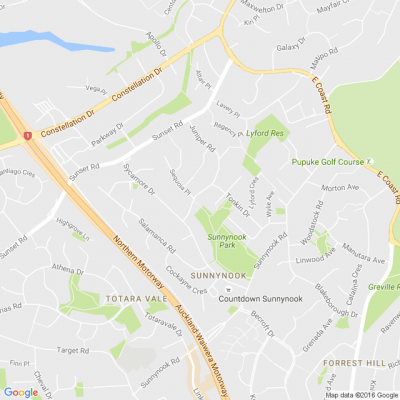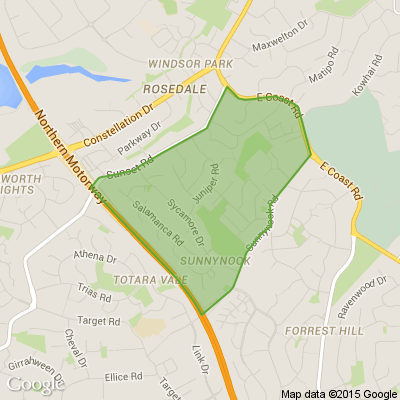Learn more about your garden ecology
Ever wanted to know more about the ecology of your garden? Or even just what some of the plants are?
We live in the midst of thousands of species of plants, and that's just the ones that are big enough to see!
Many are frequently mistaken for other, better-known species. "Dark nightshade" and "American nightshade" are both native to NZ and a valuable part of sunlit forest margin revegetation, attracting honeybees. Both these native species are usually mistaken for the common weed "Black nightshade", which itself is often mistakenly referred to as "Deadly nightshade", causing needless worry.
Once recognised, native grasses, sedges and mosses that emerge wild in our gardens can be nurtured to form a beautiful self-maintaining ground cover, keeping out the true weeds. This is especially effective between tiles and in cracked paving.
Near streams or runoff channels, conserving these wild plants is often the fastest and cheapest way to prevent erosion and improving water quality, as is well-recognised in stormwater policies.
Weed tree seedlings can be identified at 2cm high and uprooted in a second, rather than growing up to become troublesome and expensive pest plants, taking over the garden, some even needing to be felled by arborists. Brush wattles can grow to several metres high in a very few years.
Moth plant seedlings quickly become deep-rooted vines with toxic sap, invisibly sneaking behind and through shrubbery, hedges, trees and fences until removal becomes a big job.
As part of restoring local gardens, forests, streams and wetlands, we have learned to use the scientific plant identification process and the "Citizen Science" community to identify any plants, and many insects, we don't recognise.
We recognise the challenges faced by busy homeowners trying to manage weeds in the soil conditions commonly encountered in North Shore neighbourhoods.
In a one-hour visit we will identify your native and weed plants, assess your soil quality and weed control strategies, and offer new, chemical-free solutions if needed.
Poll: As a customer, what do you think about automation?
The Press investigates the growing reliance on your unpaid labour.
Automation (or the “unpaid shift”) is often described as efficient ... but it tends to benefit employers more than consumers.
We want to know: What do you think about automation?
Are you for, or against?

-
9.2% For. Self-service is less frustrating and convenient.
-
43.7% I want to be able to choose.
-
47.1% Against. I want to deal with people.
Time to Tickle Your Thinker 🧠
If a zookeeper had 100 pairs of animals in her zoo, and two pairs of babies are born for each one of the original animals, then (sadly) 23 animals don’t survive, how many animals do you have left in total?
Do you think you know the answer? Simply 'Like' this post and we'll post the answer in the comments below at 2pm on the day!
Want to stop seeing these in your newsfeed? No worries! Simply head here and click once on the Following button.

Waitangi we are Open!!
The Red Cross Shop Wairau Park is OPEN all Waitangi weekened, normal hours ❤️
📍18 Link Drive, Wairau Park
🕐 Mon-Sun: 9.00am to 5.00pm
📞 094409770








 Loading…
Loading…